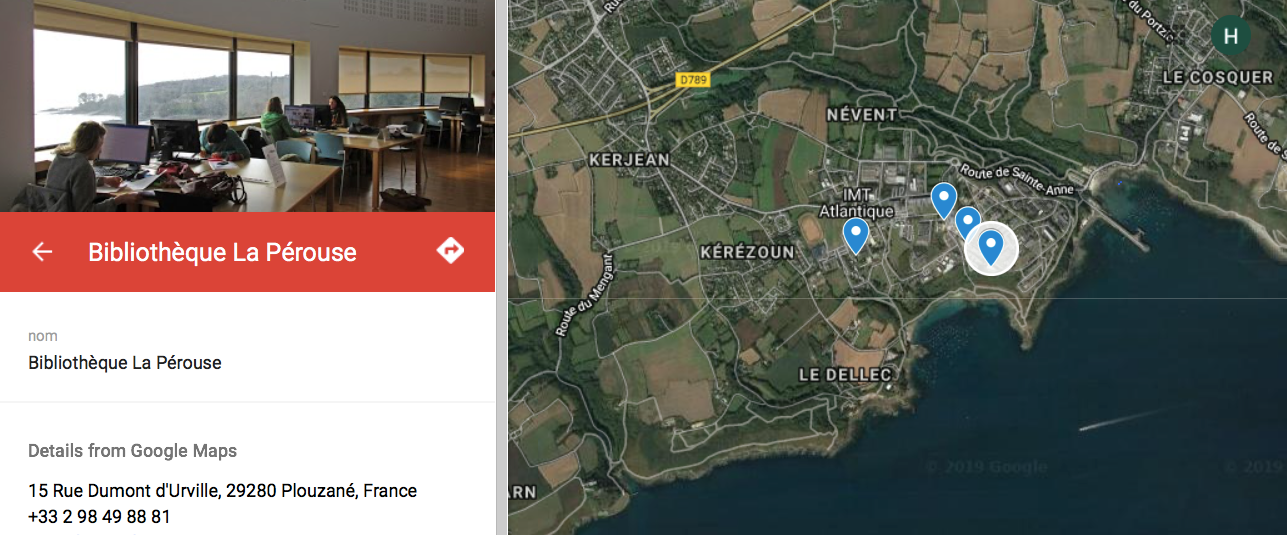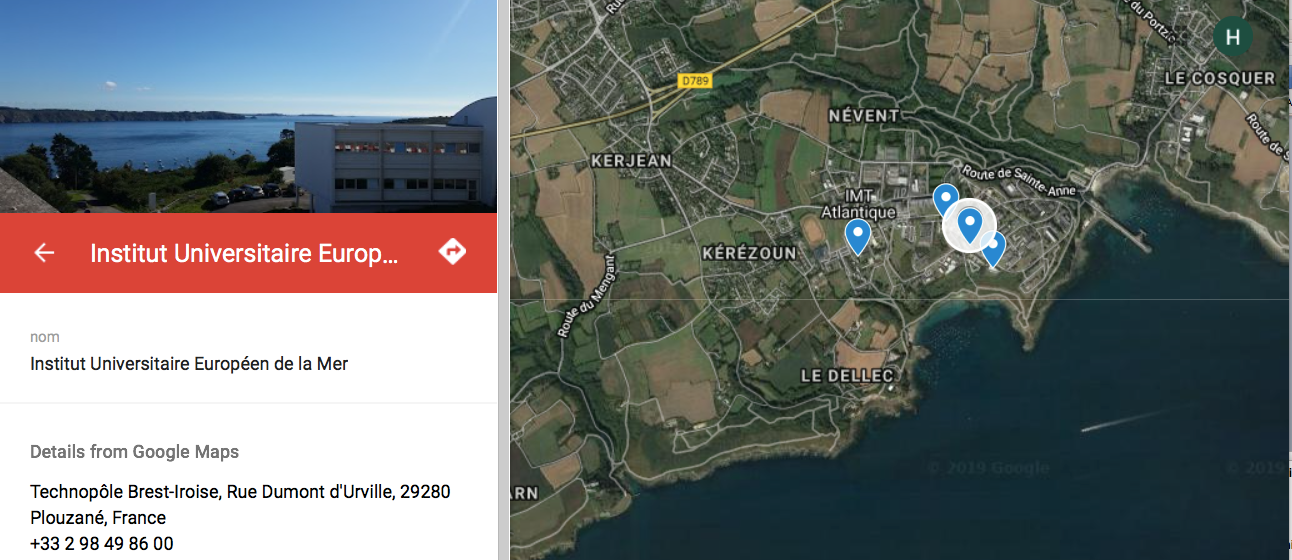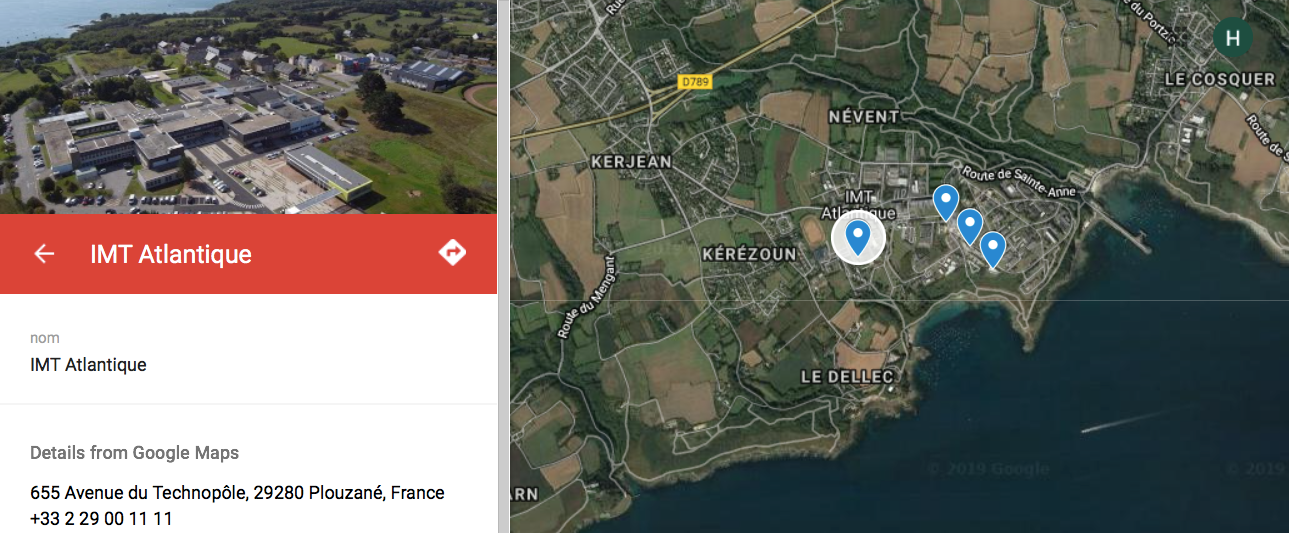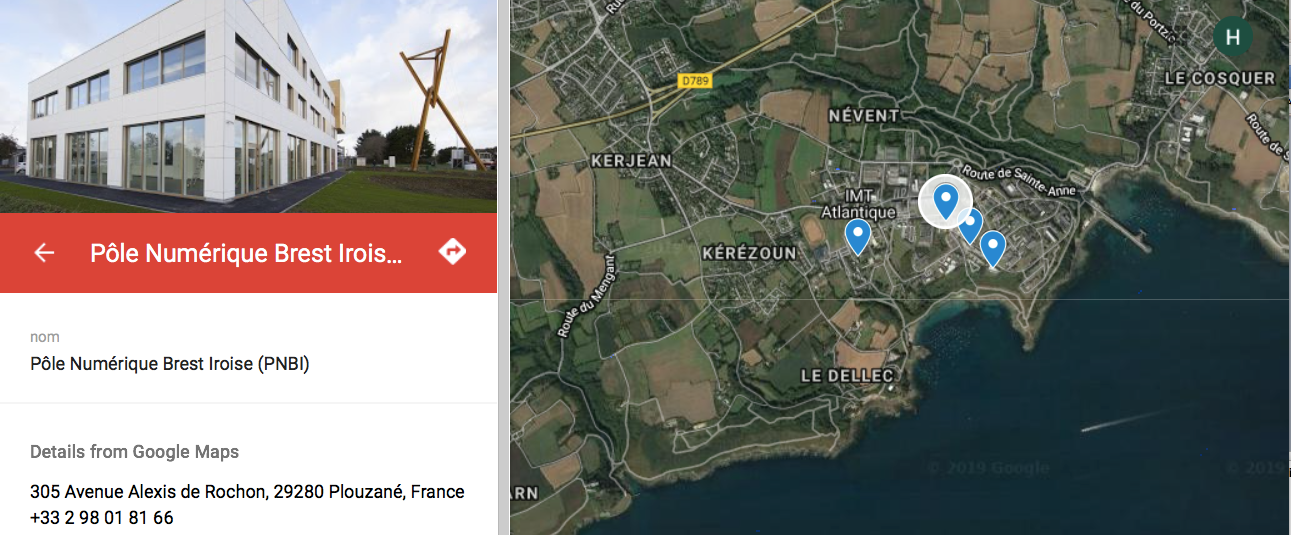Goals and Scope
The goal of November 2018 workshop on “Technologies for Observing and Monitoring Plastics in the Oceans” was to identify future technology initiatives able to address the mounting global marine debris with particular focus on plastics in the ocean. The workshop addressed the interest of the UN Environment Program in finding support for their efforts to develop the methodology for monitoring marine debris indictors, in particular the Indicator 14.1.1 “Index of coastal eutrophication and floating plastic debris density” of SDG 14 “Conserve and sustainably use the oceans, seas and marine resources for sustainable development.” The major outcome of this workshop was a set of activities and goals for six months, two years and 5 years, which provided an initial road map (see Garello et al., 2019).
Recognizing the UN targets for ocean plastic and related indicators, the second Marine Litter workshop brought together experts on observations and monitoring of marine debris and plastics with decision and policy makers in need of comprehensive information on this challenge. Focusing on targets and performance indicators, the goal was to converge towards common best practices and potential standards. Bringing in relevant stakeholders, the workshop also fostered collaborative networks to ensure that evidence-based decision and policymaking are possible.
The workshop built on the recommendations from the 2018 Workshop and aimed to achieve a comprehensive description of observation means (underwater, satellite-borne, in situ, crowd sourcing, Big Data analyses) and assess their technological readiness, as well as, their availability for relevant indicators, including the SDG Indicator 14.1.1. The workshop explored the potential for a platform linking the data to actions and develop an implementation strategy for observing networks and modeling platforms to support conjointly the different efforts to address the global challenge of marine debris.
Participation
The workshop aimed to bring together a broad range of stakeholders from the Earth observation communities, research communities assessing the intermediate and longterm impacts of marine debris, United Nations and national agencies engaged in progress towards SDG 14, businesses that are aiming to tackle various aspects of the problem of marine debris, as well as, experts working at the interfaces between these communities with the goal to ensure that knowledge required for policy making is created, accessible and useable.
More than 50 in-person and remote participants from twelve countries represented a wide range of stakeholders from all societal sectors.
Workshop Outcomes
The main outcomes of the workshop will be a workshop report, which is currently under preparation. Besides a summary of the workshop proceeds, this report will include a refined road map towards a platform for marine debris and recommendations to major institutions and funding agencies for future technology initiatives.
The workshop report will include recommendations to major institutions and funding agencies for future technology initiatives.
Committees
Workshop Program Committee
- René Garello (IEEE OES/IMT Atlantique) (Chair)
- Christophe Maes (LOPS/IRD/IUEM) (Technical chair)
- Anouck Hubert (IMT Atlantique)
- Jay Pearlman (IEEE OES/FourBridges)
- Hans-Peter Plag (IEEE OES/ODU)
Warning: include(pages/Workshop_LOC.php): Failed to open stream: No such file or directory in
/homepages/24/d257962391/htdocs/gstss/2019_Brest/pages/Print_Full_Info.php on line
12
Warning: include(): Failed opening 'pages/Workshop_LOC.php' for inclusion (include_path='.:/usr/lib/php8.1') in
/homepages/24/d257962391/htdocs/gstss/2019_Brest/pages/Print_Full_Info.php on line
12
Logistics
Registration
To register for this workshop, please sign up for the workspace using the link WORKSPACE. After signing up for this collaborative workspace, you will be able to populate your personal profile and to register for the workshop. Note that you will be able to present a poster. If you plan to present a poster, please provide the title and abstract for your poster when you register. If you would like to present an oral paper, please do provide the title and abstract and then the organizers will decided whether the paper can be included in the program.
There is no registration fee. The meals (coffee breaks and lunch) will be provided.
Travel Logistics
Brest can be easily reached by plane, train or cars. For the transportation from the hotels to the meeting venue, participants are asked to share taxis where possible.
Accommodation
No arrangements are made for accommodation. It is recommended to book a hotel in the center of Brest, using on-line booking services (e.g., booking.com, hotels.com, ...).
Restaurants
Lunch on Monday, Tuesday and Wednesday will be complementary. A workshop dinner may be organized on Tuesday evening.
|
Contributions to the Workshop
There are several options to contribute to the workshop. All contributions have to be proposed/submitted in the Workspace. If you are registered for the workshop, you can:
- You can propose an oral presentation to be given during the workshop.
- You can present a poster.
Note that all workshop participants will be asked to prepare a very brief personal presentation for the initial speed meeting. See in the Workspace for details.
If you are signed up for the workshop, you can participate in all on-line conversations in the Workspace.
Posters
Please, do consider to submit poster presentations for the Workshop. On Tuesday, we have a 90 minute session for Poster presentations. Each poster presenter will get 5 minutes to present the poster to the audience.
Poster size is limited to 100 cm x 120 cm (width x height). Please, make sure that your posters have two eyelits (round holes or extendable eyelits) at the top so that they can be attached with a string to the poster board.
|
Venue
The workshop will take place on December 16-18, 2019 in Brest, France on the “Technopole Brest Iroise Campus.”

Be aware that each day we will discover a new place in the Campus. All locations are within 5 minutes walking distance. The weather can get very wet and windy in December so adapted clothes and shoes are recommended!
The Campus is 20 minutes by taxi or 40 minutes with public transports from the Brest town center. It is suggested that you find an hotel in the city center.
Monday 16 December AM
Bibliothèque La Pérouse - 15 Rue Dumont d'Urville, 29280 Plouzané

Monday 16 December PM
Institut Universitaire Européen de la Mer

Tuesday 17 December
IMT Atlantique - 655 Avenue du Technopôle, 29280 Plouzané

Wednesday 18 December
Pôle Numérique Brest Iroise (PNBI)- 305 Avenue Alexis de Rochon, 29280 Plouzané

|
Schedule and Program
Schedule
Time
| Session Description
|
December 16, 2019
10:00-12:00 | Session 1: Speed Meetings
This session will provide the opportunity for all participants to get to know each other in a speed meeting before we start to dive into our subject.
As an assignment to prepare for the speed meeting each participant will have to prepare a personal presentation following the template available in the Workspace. The personal presentations have to be uploaded in the Workspace under "Workshop Contributions."
You will have only 2 minutes to present your slides!
|
December 16, 2019
13:30-15:30 | Session 2: State of the Art and Emerging Opportunities
This session will briefly summarize the outcomes of previous events and discuss the state of the art concerning observation, indicators, and the creation of use ready knowledge. The session will include a report on relevant prevous events (2018 Workshop, the Town Hall at Oceans 2019 in Seattle, and the GEO Week in Canberra), a brief overview of the road map that resulted from the 2018 Workshop and outlooks on what is emerging.
|
December 16, 2019
16:00-17:30 | Session 3: Monitoring: From Sensors to Indicators and Policy
In this session, invited papers will give an overview of key aspects of marine debris, including its origin and quantities, scenarios of future developments, and potential impacts. Emerging approaches to the linking of observation and knowledge to policy making will be introduced. The challenge of connecting data to actions will be addressed and recently proposed concepts, such as the “global digital ecosystem for the environment” and “Data as Active Subjects” will be considered.
|
December 17, 2019
09:00-11:30 | Session 4: Observations and Models for Marine Debris Indicator
In this session, invited papers will discuss the current set of accepted and proposed indicators for marine debris and outline the status in terms of methodology and data availability of these indicators.
|
December 17, 2019
11:30-13:00 | Session 5: Poster Session
Posters addressing a wide range of aspect of marine debris from origin, quantity, future scenarios, impacts, indicators, monitoring, and modeling are invited. These posters will be displayed and the poster authors will get a chance to briefly present their posters before and during the lunch break.
|
December 17, 2019
13:30-15:30 | Session 6: Connecting Data to Action
In this session, knowledge needs related to policy making addressing the challenge of marine debris will be introduced in two keynotes. After that, a participatory effort will be made to develop a vision for the initiative.
With the goal to develop a vision for what should be achieved within the next five years, the following activities are planned:
| 1400 - 1405: | R. Garello and H.-P. Plag: Introduction |
| 1405 - 1410: | Individual: The Current Situation |
| 1410 - 1415: | Individual: The Desirable Future in Five Years |
| 1415 - 1445: | Four Breakout Groups: Synthesis of Vision |
| 1445 - 1500: | Rapporteurs: Reports to Plenary |
| 1500 - 1510: | All: Vote on Draft Visions |
| 1510 - 1530: | All: Polishing the Consensus Vision |
|
December 17, 2019
16:00-17:30 | Session 7: Roadmap
This session will take a collaborative and particpatory approach to the further development of the roadmap that came out of the 2018 Workshop. The road map will be focused on the vision developed in Session 6.
| 1600 - 1610: | R. Garello and H.-P. Plag: The Draft Road Map: Key Themes, Progress, Delays, Issues, ... |
| 1610 - 1630: | J. Chupin: A Collective Approach to Reducing Marine Debries |
| 1630 - 1700: | Four Breakout Groups: Road Map for the four main themes (to be updated):
- What is the concrete objective/deliverable?
- By when?
- What are the key activities to realise it?
- Who is responsible for it?
|
| 1700 - 1715: | Rapporteurs: Reports to the Pleanry |
| 1715 - 1730: | All: Polishing the Road Map |
|
December 18, 2019
09:00-11:00 | Session 8: Working Groups - Roadmap
Selected aspects of the roadmap will be further developed in parallel working groups and the outcomes of these working groups will be integrated into the roadmap agreed upon during Session 7.
|
December 18, 2019
11:00-12:00 | Session 9: Wrap Up - Conclusions
The session will summarize the proceedings of the workshop and underline the main conclusions.
|
December 18, 2019
12:00-13:00 | Session 10: Poster Session
This session is a continuation of the poster session that started on Tuesday, see Session 5.
|
|
Program
December 16, 2019
@ "La Perouse" Library
| 1000 - 1100: | Welcome Coffee/Tea, Remote Connection Tests |
| 1100 - 1200: | Session 1: Speed meeting |
| 1200 - 1310: | Lunch Break |
@ Institut Universitaire Européen de la Mer (IUEM) - Amphi D
| 1320 - 1530: | Session 2: State of the Art and Emerging Opportunities |
| 1320 - 1340: | R. Garello: Marine Debris Indicators - What's Next
(Presentation) |
| 1340 - 1400: | H.-P. Plag: The Draft Road Map
(Presentation, Abstract) |
| 1400 - 1420: | J. Campbell: The SDG Indicators (Presentation) |
| 1420 - 1440: | E. Smail: The Marine Debris White Paper
(Presentation, Abstract) |
| 1440 - 1500: | L. Pendleton: What is the Ocean Data Foundation?
(Presentation, Abstract) |
| 1500 - 1520: | All: Discussion |
| 1520 - 1540: | Coffee Break |
| 1540 - 1800: | Session 3: Monitoring: From Sensors to Indicators and Policy (Session Recording) |
| 1540 - 1600: | F. Galgani: Marine Debris and Indicators (presentation |
| 1600 - 1620: | P. L. Buttigieg: A pathway to deeply interoperable semantic technologies across marine debris, Essential Ocean Variables, and the Sustainable Development Agenda
(Presentation, Abstract) |
| 1620 - 1640: | H.-P. Plag and S. Jules-Plag: A Taxonomy for the Global Digital Ecosystem: Intelligent Semantic Data Agents for Marine Debris Data and Internet of Data
(Presentation, Abstract) |
| 1640 - 1700: | A. Palacz: Marine Plastics Debris as an Essential Ocean Variable - GOOS support for an Integrated Marine Debris Observing System.
(Presentation) |
| 1700 - 1720: | F. Collard: On the Role of Models
weird |
| 1720 - 1740: | P. L. Buttigieg, S. Caltagirone, and J. Pearlman: Best Practices: Single Repository and/or Distributed Network?
(Presentation, Abstract) |
| 1740 - 1800: | All: Discussion |
December 17, 2019
@ IMT Atlantique
| 0900 - 0930: | Welcome Coffee/Tea |
| 0930 - 1130: | Session 4: Observations and Models for Marine Debris Indicators |
| 0930 - 0950: | D. Papageorgiou: Drone Mapping and Satellite Testing for Marine Plastic on Aegean Sea
(Presentation) |
| 0950 - 1010: | S. Fritz: Detecting marine litter in Greece using drone data and the picture pile sorting app
(Presentation) |
| 1010 - 1030: | J. M. Veiga: Assessing marine litter – from source-to-sea
(Presentation) |
| 1030 - 1050: | C. Dufau: Floating Debris Cleaning Actions During the Rio2016 Olympic Games: from a Coastal Forecasting System to its Operational Use
(Presentation) |
| 1050 - 1130: | J. Chupin: Collaborative Approach to Reducing Marine Debris (Presentation). |
| 1130 - 1300: | Session 5: Posters
Christophe Maes, Bruno Blanke and Elodie Martinez: ORIGIN AND FATE OF SURFACE DRIFT IN THE CONVERGENCE ZONES OF THE SUBTROPICAL PACIFIC OCEAN (Abstract, Poster) JACQUIN Justine 1*, CALLAC Nolwenn 1,2, CHENG Jingguang 1, ODOBEL Charlène 1, Meistertzheim Anne-Leila 1,3, GIRAUD Carolane 1, PUJO-PAY Mireille 1, CONAN Pascal 1, BARBE Valérie 5, BRUZAUD Stéphane 4, DENOUAL Clément 4, GHIGLIONE Jean-François 1.: Colonization and biodegradation of wadded sticks for domestic use in marine conditions (Abstract) Morgan Simpson1, Armando Marino1, Narangerel Davaasuren2, Carl Boardman2, Matteo Alparone3,
Ferdinando Nunziata3, Nicolas Ackermann4 and Irena Hajnsek5, 6
: MONITORING PLASTIC IN THE OCEANS USING SENTINEL-1 SAR IMAGES (Abstract, Poster) Dan Martin, Kelly Jones, Dr. Hans-Peter Plag: Modeling the Life Cycle of Plastic: From Marine Debris to the Source (Abstract, Poster) Kelly Jones (1), Dan Martin(1), Dr. Hans-Peter Plag(1,2): The Coastal Built Environment: A source of Current and Future Marine Debris? (Abstract, Poster) |
| 1200 - 1320: | Lunch Break |
| 1320 - 1530: | Session 6: Connecting Data to Action |
| 1320 - 1340: | G. Ollier: EU policy and actions on reducing marine litters including plastic debris
(Presentation) |
| 1340 - 1400: | F. Galgani: Information on the Technical Group on Marine Litter (TGML) under the Horizon Europe Framework (presentation) |
| 1400 - 1530: | All: Towards a Vision for Reducing Marine Debris |
| 1530 - 1600: | Coffee Break |
| 1600 - 1730: | Session 7: Road Map |
| 1600 - 1730: | All: Participatory Modeling of the Road Map |
| 1730 - 1800: | Business Meeting: Towards Companion Modelling |
| 1900 - 2100: | Workshop Dinner |
December 18, 2019
@ Pôle Numérique Brest Iroise (PNBI)
| 0900 - 0930: | Welcome Coffee/Tea |
| 0930 - 1100: | Session 8: Working Groups - Road Map |
| 1100 - 1200: | Session 9: Wrap Up - Conclusions |
| 1200 - 1330: | Session 10: Posters
Christophe Maes, Bruno Blanke and Elodie Martinez: ORIGIN AND FATE OF SURFACE DRIFT IN THE CONVERGENCE ZONES OF THE SUBTROPICAL PACIFIC OCEAN (Abstract, Poster) JACQUIN Justine 1*, CALLAC Nolwenn 1,2, CHENG Jingguang 1, ODOBEL Charlène 1, Meistertzheim Anne-Leila 1,3, GIRAUD Carolane 1, PUJO-PAY Mireille 1, CONAN Pascal 1, BARBE Valérie 5, BRUZAUD Stéphane 4, DENOUAL Clément 4, GHIGLIONE Jean-François 1.: Colonization and biodegradation of wadded sticks for domestic use in marine conditions (Abstract) Morgan Simpson1, Armando Marino1, Narangerel Davaasuren2, Carl Boardman2, Matteo Alparone3,
Ferdinando Nunziata3, Nicolas Ackermann4 and Irena Hajnsek5, 6
: MONITORING PLASTIC IN THE OCEANS USING SENTINEL-1 SAR IMAGES (Abstract, Poster) Dan Martin, Kelly Jones, Dr. Hans-Peter Plag: Modeling the Life Cycle of Plastic: From Marine Debris to the Source (Abstract, Poster) Kelly Jones (1), Dan Martin(1), Dr. Hans-Peter Plag(1,2): The Coastal Built Environment: A source of Current and Future Marine Debris? (Abstract, Poster) |
| 1200 - 1330: | Lunch |
|
Other Information




